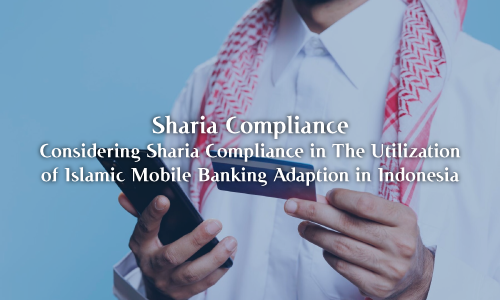
Summary: The rapid expansion of digital banking has transformed Islamic finance, making Sharia-compliant financial services more accessible while maintaining adherence to Islamic principles such as the prohibition of interest (riba) and unethical investments. Technological advancements, including AI, data analytics, and cloud computing, have enhanced customer experience and financial inclusion, particularly in underserved regions. Survey data indicates that most customers express confidence in the Sharia compliance of digital banking services, with the majority falling into the "Agree" and "Strongly Agree" categories. However, a small portion remains uncertain, highlighting the need for greater transparency, regulatory oversight, and educational initiatives. To sustain and enhance consumer trust, financial institutions should integrate technologies like blockchain while maintaining ethical governance, ensuring continued growth and competitiveness in the Islamic finance sector.
The rapid growth of digital banking has revolutionized the financial industry, particularly within the realm of Islamic finance.
As financial technology evolves, ensuring compliance with Islamic Sharia principles remains a priority for both service providers and consumers. This article explores the level of customer confidence in the Sharia compliance of digital banking services based on empirical data. Sharia compliance in digital banking means that financial services operate in accordance with Islamic principles, avoiding interest (riba), uncertainty (gharar), and unethical investments. Institutions offering such services must ensure transparency, ethical governance, and adherence to Sharia standards.
The integration of digital solutions into Islamic finance has significantly transformed the industry, making Sharia-compliant services more accessible to a broader audience. Technological advancements such as artificial intelligence, data analytics, and cloud computing have enabled Islamic digital banks to offer personalized, efficient services while maintaining adherence to Sharia principles. These innovations not only enhance customer experience but also promote financial inclusion, particularly in underserved Muslim-majority regions, by facilitating remote access to Islamic banking services. The fusion of digital technology with robust Sharia supervisory frameworks is pivotal in elevating customer confidence in Islamic digital banking services. As the industry continues to evolve, maintaining stringent compliance measures…


















